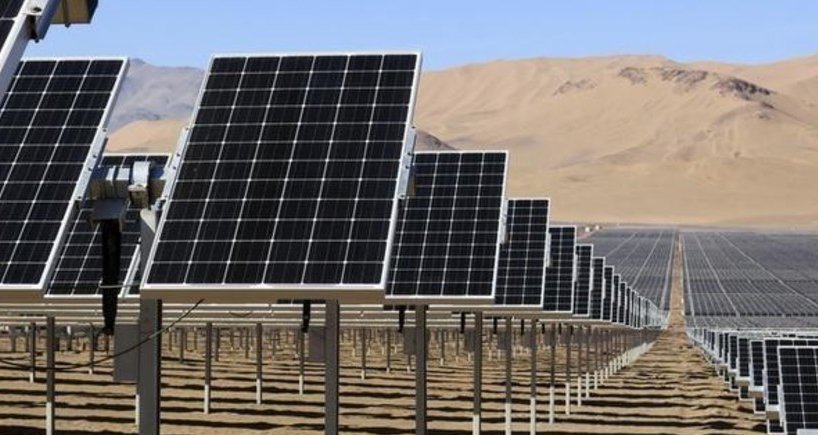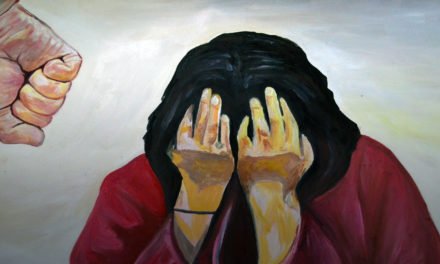By Engr. Muhibullah
The economy of Pakistan suffers from events of load shedding round the year. This is mainly due to the inappropriate placement of technological and human resources systems. The growing demand for goods and services is increasing as the population grows.
To meet the demands, there is a dire need for a continued supply of electric power supply in the national grid.
There are instances when the supply is more than the demand which is not because the government has attained its full potential but mainly due to the goods and services industries have chosen not to run in full capacity owing to uncertainty in the supply system.
The power outage on Jan 9, 2021, has led to much speculation on the service delivery capacity of the National Transmission and Dispatch Company (NTDC).
Solar energy is renewable but variable. The photovoltaic solar panels work well with a certain value of Solar Radiance which is luckily available for an average of eight hours a day in Pakistan which makes it, a technically viable option. Peak load occurs during the day hence it makes a lot of sense to support the existing mixed electricity system with an increasing share of solar energy. Pakistan has a solar energy generation capacity of 1.6 Giga Watts (GWs) which is surprisingly a huge surplus but there is a need to tap it progressively to meet the increasing energy demand.
National Electric Power Regulatory Authority (NEPRA) has approved 16 licenses in the year 2019-20 to private entities to generate solar energy to the tune of 621.43 Mega Watts (MWs) which is an addition to the already installed solar system of 852.00 MWs. This will make a total of 1,473.43 MWs added to the national grid.
This is not a sufficient value integration hence the percent of electricity generated from mix sources such as hydro, cola, gas, wind, solar as well as nuclear, electricity coming from solar should increase to a point that no outage occurs during peak hours. Thus, allowing smooth incremental economic growth and as a result better social services delivery is ensured to the common people.
The investors prefer to import solar panels than to investing in the field of manufacturing solar panels locally. Such arrangement has multiple implications including but not limited to lesser local employability, increased Greenhouse Gases (GHG) emissions due to cross-border transportation, and no ownership of the potential electronic waste (e-waste) which will be generated at the End of Life (EOL) of the PV Solar panels.
According to Alnoor Afridi, the owner of a leading local manufacturer of PV Solar Panels, there is no policy framework available to promote by incentivizing the local industry. His business is additionally challenged as the imported PV panels are not subjected to tariffs. He demanded the Energy Development Board (EDB) to support his manufacturing efforts which will help stabilize the ecosystem of Pakistan by decreasing the dependency on fossil fuels and thus decreased GHG emissions. He predicted high employability opportunities if the PV Solar Panels manufacturing industry is encouraged.
Pakistan has a lot of challenges but delayed actions would manifold exponentially. Manufacturing, installation, and EOL recycling is a multi-billion-dollar industry that is continually overlooked. The call for action is required and that too immediately, by incentivizing the local industry, and even allowing the international businesses to establish their plants in-country. This will help in regulating and influencing the businesses to result in quality products as required by the Pakistan Standards and Quality Control Authority (PSQCA). There will be a greater check to ensure the businesses recycle their e-waste which itself is a specialized and costly business but eco-friendly. Further incentives may be considered for the businesses if recycling is part of their whole package as their contribution to reducing harmful waste and increase climate change friendliness.
Engr. Muhibullah is an engineering professional in the area of ‘Infrastructure Development’ and has worked with various humanitarian and development organizations. His core specialties are in the area of water, sanitation, horizontal and vertical infrastructures. He cares for the environment and promotes a sustainable way of living to allow for future generations to have livable cities. The writer can be reached at engr.muhibullah@gmail.com.





